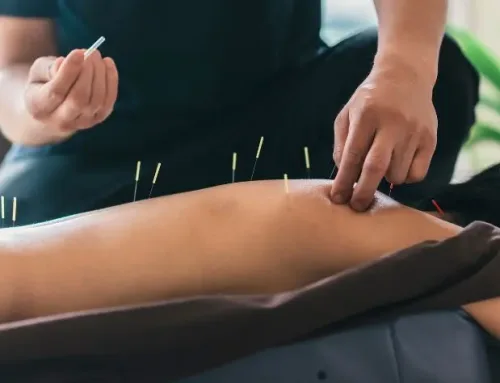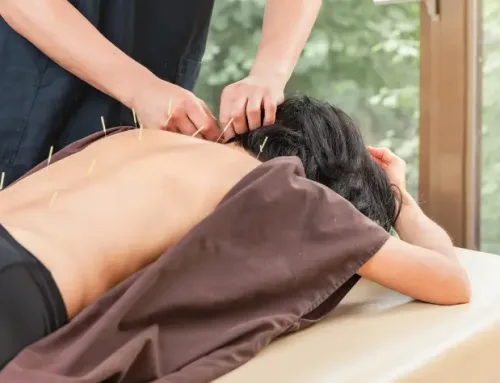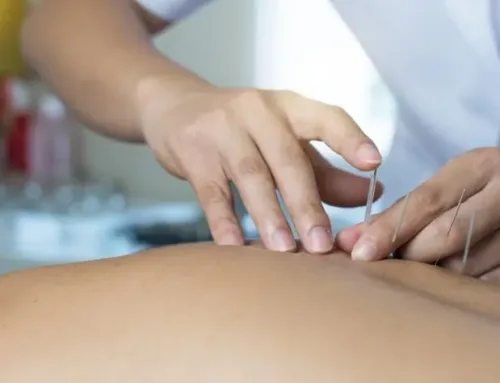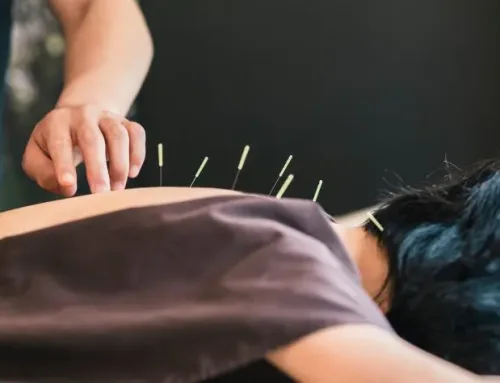Best Acupuncture and Chinese Medicine Schools in California: Comprehensive Guide
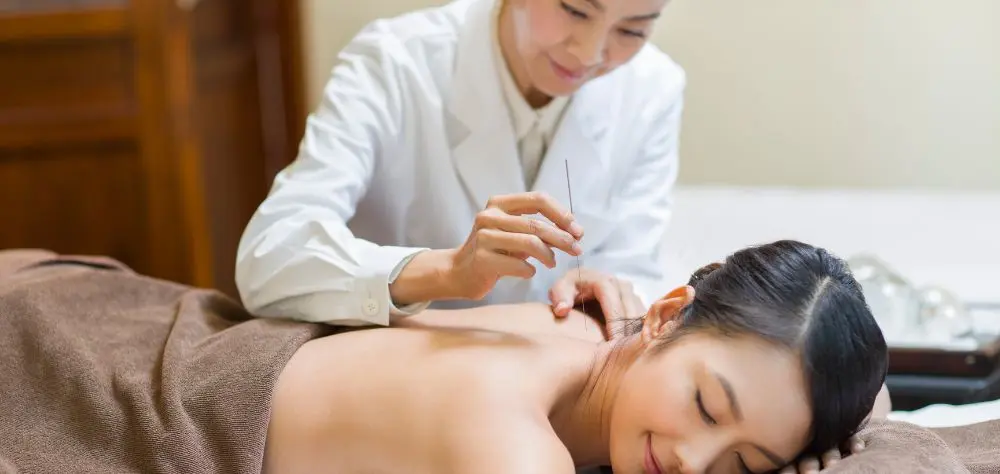
If you’re exploring the path of holistic healing, finding the right acupuncture school California has to offer is an essential first step. Whether you’re drawn to ancient Chinese medicine, herbal pharmacology, or integrative wellness, your education sets the tone for the kind of practitioner you’ll become—and the patients you’ll serve.
California is home to some of the most established and innovative programs in the country. From immersive hands-on training to a deep dive into Traditional Chinese Medicine (TCM), the options here are broad, rigorous, and increasingly aligned with modern patient needs. So how do you choose the right one? Let’s take a look.
Building Your Future: Picking the Right Acupuncture Program
Whether you’re drawn to hands-on healing, herbal medicine, or the philosophy of whole-person care, the right program will provide the structure and support to help you grow confidently into your role as a practitioner. Here’s what to pay close attention to as you explore your options.
Accreditation and Licensing Preparation
One of the most important first steps when evaluating any acupuncture school in California is ensuring it holds proper accreditation. Programs accredited by the Accreditation Commission for Acupuncture and Herbal Medicine (ACAHM) meet national and state standards for academic and clinical excellence. Just as important, you’ll want to choose a school that prepares you thoroughly for both the California Acupuncture Licensing Examination (CALE) and the National Certification Commission for Acupuncture and Oriental Medicine (NCCAOM) exams.
- ACAHM-accredited programs are a must for licensure eligibility.
- Look for licensure prep built into the curriculum, not as an add-on.
- Ask how graduates perform on board exams.
Curriculum Depth and Clinical Integration
A high-quality program doesn’t stop at acupuncture—it weaves together herbal medicine, nutrition, manual therapies like tuina, and strong biomedical sciences. Look for a curriculum that prepares you to think holistically and clinically. Schools that integrate traditional diagnostics (like pulse and tongue reading) with Western anatomy and pathology offer a strong foundation for working in integrative care.
Access to cadaver labs or diagnostic imaging tools also deepens your understanding of the human body, helping you become a more confident and precise practitioner.
Hands-On Clinical Training
Clinical training is where theory becomes lived experience. The best programs offer early exposure to patient care and continue to build clinical hours progressively. You’ll want to gain experience with a wide range of patient types, conditions, and treatment settings.
Some schools offer clinical rotations at local hospitals, integrative wellness centers, or community clinics, giving you the opportunity to step outside the classroom and into real-world care.
Program Flexibility and Format
Flexibility can make a big difference—especially if you’re juggling work or family responsibilities. Programs that offer evening courses, part-time options, or hybrid learning formats can help make your educational journey more sustainable. That said, meaningful hands-on learning should always be a priority, no matter the delivery model.
Choose a program that supports your life while still delivering immersive lab experiences and community-based clinical hours.
What to Ask Before You Enroll: Smart Questions for Future Acupuncturists
Asking the right questions can help you see past polished marketing and get to the heart of what a school offers. These conversations shape your understanding of how you’ll learn, where you’ll train, and what opportunities will follow after graduation.
- Clinical Training and Early Experience: When you’re considering a school, ask how soon clinical training begins. Some programs integrate supervised clinical practice early in the curriculum, giving you time to develop strong diagnostic and communication skills alongside your classroom learning. You’ll also want to know where that training happens—do students work only in on-campus clinics, or are there community rotations, hospital partnerships, or integrative health sites?
- Support Services and Career Preparation: Ask how the school prepares students for board exams like the NCCAOM and CALE. Do they offer study support, practice tests, or one-on-one advising? Explore whether the program provides career counseling, job fairs, or connections to alumni in practice. A school invested in your success will show up long after graduation day.
- Pathways for Growth: Inquire about academic progression. Can you continue into a doctorate without repeating coursework? Are there options to specialize or pursue dual degrees in related fields like chiropractic or integrative health education? Programs that support continued growth are ideal for students who plan to evolve in their careers.
- Technology and Learning Tools: Finally, ask about the tools you’ll have access to—whether that’s diagnostic imaging labs, simulation equipment, or virtual case studies. Technology doesn’t replace hands-on care, but it can deepen your understanding and prepare you for today’s healthcare environment. A forward-thinking program blends classical theory with modern tools to support every kind of learner.
From Clinic to Campus: The Many Paths of a TCM Professional
Graduates of Traditional Chinese Medicine programs in California step into a healthcare landscape that values both holistic and evidence-informed approaches. With a license to practice, you’ll find a wide range of opportunities across the state—many shaped by your interests, additional training, and specialization.
Here are some of the meaningful paths TCM graduates often take:
- Licensed Acupuncturist in private practice, wellness centers, or integrative clinics
- Chinese Herbalist or Consultant for wellness products, supplements, or natural health brands
- Health Coach with a focus on TCM-based nutrition, movement, and lifestyle practices
- Educator or Researcher in schools, community outreach programs, or clinical research settings
- Specialist Roles in fertility clinics, sports medicine, behavioral health, or pain management
Whether you’re drawn to clinical care, education, or innovation, California offers a thriving environment for TCM professionals to grow, connect, and lead.
From Master’s to Doctorate: SCU’s Seamless Journey in TCM Education
At Southern California University of Health Sciences (SCU), we believe that healthcare education should equip you to do more than pass exams—it should empower you to make a real difference. That’s why our Master of Acupuncture and Chinese Herbal Medicine (MAcCHM) and Doctor of Acupuncture and Chinese Herbal Medicine (DAcCHM) programs are designed to meet you where you are in your academic journey. With flexible formats and hybrid pathways—you’ll be able to chart your course in a way that fits your life while receiving a rigorous, accredited education.
When you study with us, you gain early clinical experience, a strong grounding in both Eastern and Western medical knowledge, and opportunities to train in real-world environments—including at top hospitals like CHOC. Our approach supports your development as a confident, integrative practitioner. At SCU, we’re committed to preparing leaders in modern traditional medicine.
-
- Flexible formats: daytime, evening, part-time, and hybrid
- Entry options for students without a bachelor’s degree
-
- Accredited by ACAHM and approved by the California Acupuncture Board
- Licensure preparation for CALE and NCCAOM exams
- Fixed tuition, financial aid, and scholarships available
Curriculum That Prepares You for Today’s Healthcare Field
We’ve designed our curriculum to reflect the realities of modern practice. You’ll dive into classical TCM foundations like acupuncture, herbal pharmacology, and diagnostic principles. At the same time, you’ll build fluency in biomedical sciences and diagnostic tools—preparing you to communicate with patients and collaborate with professionals in integrated health environments.
Hands-On Learning Starts Early
SCU students begin clinical training in year one at our university’s own SCU Health Clinics, which serve over 40,000 patient visits each year. You’ll treat real patients under the guidance of licensed practitioners, gaining essential skills and confidence in a supportive setting. These clinics offer a unique opportunity to apply classroom learning in a meaningful, real-world environment.
Exclusive Access to Hospital Rotations and Specialty Sites
Our commitment to diversity in clinical education includes rotations at community clinics, private offices, and specialty sites like Children’s Hospital of Orange County (CHOC). SCU is the only acupuncture school with access to hospital-based training at CHOC—one of the nation’s top pediatric teaching hospitals. You’ll graduate with a resume that stands out and real-world experience that prepares you to lead.
Make the Leap Into Integrative Healthcare Today
If you’re searching for the acupuncture school California students trust for flexible formats, real clinical experience, and rigorous licensure preparation, SCU offers an unmatched foundation. Our programs are designed to prepare you for every step of the journey—from the first day in the classroom to your future role as a licensed integrative care provider.
Whether you’re drawn to private practice, hospital work, or community care, our Acupuncture and Chinese Herbal Medicine programs will give you the tools and training to serve with confidence. Take a look at our admission requirements and discover how you can join a learning community rooted in whole health. Apply today.
FAQs
What qualifications do I need to attend the best acupuncture school California offers?
You’ll typically need 90+ college credits or a bachelor’s degree. Some programs also offer transfer pathways if you have fewer credits and want to continue through a bachelor’s in health sciences first.
How long does it take to complete the Doctor of Acupuncture and Chinese Herbal Medicine?
The doctorate can be completed in as little as 3 years full-time, or up to 6 years part-time. The exact timeline depends on your chosen format and schedule.
Will I be prepared for licensure after graduation?
Yes. Accredited programs prepare you for both the California Acupuncture Licensing Examination (CALE) and NCCAOM national certification exams.
Can SCU graduates work in hospital-based integrative care?
Yes. Our diverse clinical partnerships include sites like Children’s Hospital of Orange County (CHOC), offering students unique hospital-based training opportunities.
What makes SCU’s TCM programs different?
Our curriculum balances tradition and modern biomedicine, offers early clinical immersion, and is led by experienced faculty—all in a flexible, supportive learning environment built for future healthcare leaders.
Related Posts

